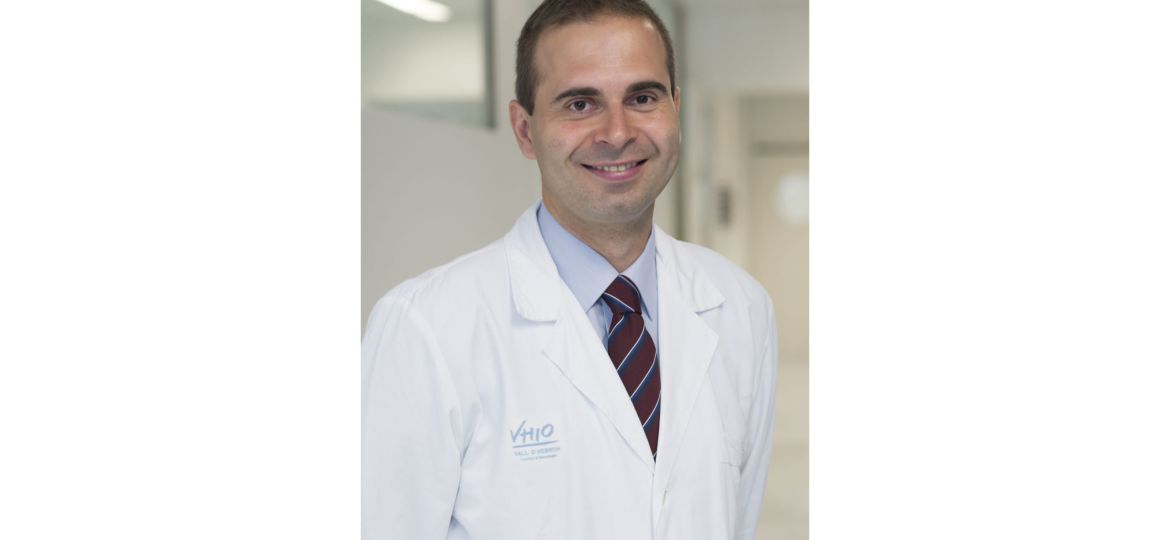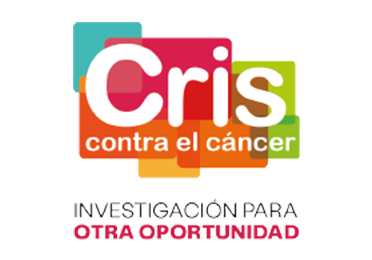
- Results from the RAPIDO phase III multicenter, randomized, open-label trial break away from the two decades-long mainstay of standard of care for locally advanced rectal cancers.
- Findings show that the study’s novel treatment approach can reduce the risk of distant metastases by 31% and double the rate of tumor eradication from 14% to 28,3%. These results point to a new, more effective standard of care for this patient population.
Barcelona, December 10, 2020.- One of the main challenges in more effectively treating locally advanced rectal cancer is cancer cell spread. Results from the phase III Rectal cancer And Preoperative Induction therapy followed by Dedicated Operation (RAPIDO) international trial aimed at reducing distant metastases without compromizing locoregional control, represent a major step forward in improving outcomes for this patient population.
Critically, this study directed by Renu R. Bahadoer, Leiden University Medical Center (Netherlands), co-authored by Jaume Capdevila, Clinical Researcher of VHIO’s Gastrointestinal and Endocrine Tumors Group (PI: Teresa Macarulla), along with the RAPIDO collaborative investigators, breaks away from the last two decades during which time the standard of care for patients with high-risk locally advanced rectal cancers has not changed. While this treatment approach has helped to reduce local recurrence to less than 5%, systematic failure rates remain high.
RAPIDO researchers have now succeeded in advancing this treatment landscape. Reported today in The Lancet Oncology* findings show that their novel treatment approach of using short-course radiotherapy for locoregional disease, followed by preoperative chemotherapy promises a new regimen to more effectively combat local and systemic relapse as well as stall surgery. Their experimental approach could extend disease-free survival by three years for patients with high-risk locally advanced rectal cancer.
At the national level, the RAPIDO trial was coordinated by Andrés Cervantes, Scientific and General Director of the Institute of Health Research INCLIVA, Hospital Clínico Universitario de Valencia, and President-Elect of the European Society for Medical Oncology (ESMO), and counted on the participation of five Spanish research Centers of excellence, including VHIO.
“We have been one of the main patient recruitment centers for this international study which has enabled us to offer our patients this novel and pioneering treatment regimen years ahead of it ultimately being approved as the new standard of care for this particular population,” observed Jaume Capdevila, who is also a Medical Oncologist at the Vall d’Hebron University Hospital’s Medical Oncology Department led by VHIO’s Director, Josep Tabernero.
Up until now the standard treatment for patients diagnosed with primary adenocarcinomas of the rectum at high-risk of local and/or systemic recurrence consisted of preoperative radiotherapy with concomitant chemotherapy followed by surgery at between eight to twelve weeks after treatment with chemoradiation, and adjuvant chemotherapy for four months thereafter.
“This treatment strategy meant that patients could not receive systemic chemotherapy to eliminate micrometastases until post-surgery; around five to six months after being diagnosed with rectal cancer. This delay drives disease relapse which, at this stage, is no longer locoregional recurrence but distant metastasis,” he continued.
This suboptimal scenario spurred the RAPIDO investigators to potentiate systemic therapy with chemotherapy earlier by a switch in the standard of care for these patients. Namely, to total neoadjuvant therapy (TNT). In so doing, chemotherapy can be administered before or after radiotherapy, and prior to surgery. “This pioneering approach enables us to not only control local disease but also wage our war on micro metastasis, and thus improve outcomes for our patients” concluded Jaume.
A total of 912 patients with locally advanced rectal cancer from 54 centers spanning seven different countries – Spain, Holland, Sweden, Denmark, Norway, and the US– participated in the RAPIDO study. The researchers compared experimental treatment with TNT consisting of short-course radiotherapy (five days’ treatment with a 5Gy dose per session), followed by systemic chemotherapy with oxaliplatin and fluoropyrimidines for four months, with surgery after that, with standard of care treatment with chemoradiotherapy and surgery followed by adjuvant chemotherapy.
In the experimental arm of the study, results confirmed significant disease control with a 31% reduced risk of metastasis. As importantly, eradication of tumors doubled compared with standard therapy; from 14% to 28,3%, respectively. Reflective of the potential of RAPIDO’s protocol, future studies will focus on developing organ preservation strategies to avoid surgery by achieving a complete response with TNT.
This study was supported by the Dutch Cancer Foundation, Swedish Cancer Society, Spanish Ministry of Economy and Competitiveness, and Spanish Clinical Research Network.
###
*Renu R Bahadoer, Esmée A Dijkstra, Boudewijn van Etten, Corrie A M Marijnen, Hein Putter, Elma Meershoek-Klein Kranenbarg, Annet G H Roodvoets, Iris D Nagtegaal, Regina G H Beets-Tan, Lennart K Blomqvist, Tone Fokstuen, Albert J ten Tije, Jaume Capdevila, Mathijs P Hendriks, Ibrahim Edhemovic, Andrés Cervantes, Per J Nilsson, Bengt Glimelius, Cornelis J H van de Velde, Geke A P Hospers, the RAPIDO collaborative investigators.Short-course radiotherapy followed by chemotherapy before total mesorectal excision (TME) versus preoperative chemoradiotherapy, TME, and optional adjuvant chemotherapy in locally advanced rectal cancer (RAPIDO): a randomized, open-label, phase 3 trial.The Lancet Oncology.December 07, 2020. DOI: https://doi.org/10.1016/S1470-2045(20)30555-6.










